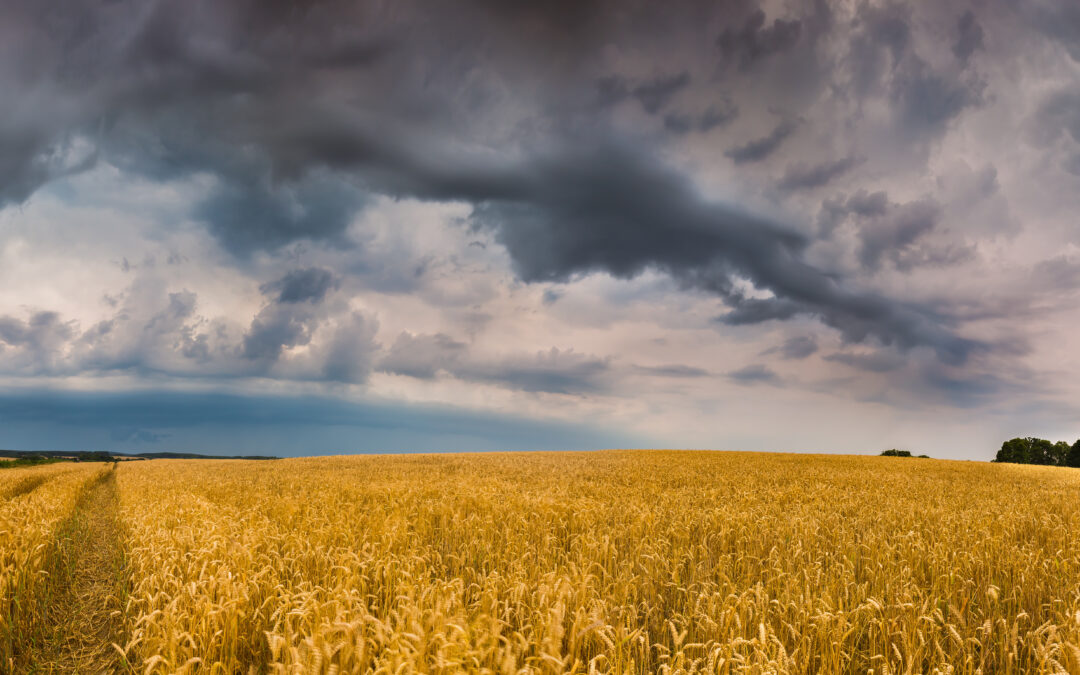 In today’s world, it’s easy to become complacent and assume that life will always continue as usual. However, as we’ve seen time and time again, unexpected events can strike at any moment, disrupting our daily routines and threatening our well-being. From natural disasters to economic crises, it’s crucial to maintain a preparedness mindset to ensure that you and your loved ones are ready to face any challenges that may arise. In this article, we’ll explore practical strategies to help you stay vigilant and avoid falling into the trap of complacency.
In today’s world, it’s easy to become complacent and assume that life will always continue as usual. However, as we’ve seen time and time again, unexpected events can strike at any moment, disrupting our daily routines and threatening our well-being. From natural disasters to economic crises, it’s crucial to maintain a preparedness mindset to ensure that you and your loved ones are ready to face any challenges that may arise. In this article, we’ll explore practical strategies to help you stay vigilant and avoid falling into the trap of complacency.
Understanding the Importance of Preparedness
- Understand the importance of preparedness. Take a moment to reflect on past events that have caught you off guard, whether it was a personal crisis or a widespread emergency. Consider how being better prepared could have alleviated some of the stress and hardship you experienced. By acknowledging the importance of preparedness, you’ll be more motivated to take proactive steps to ensure your readiness.
Staying Informed and Aware
- Stay informed and aware. To avoid complacency, it’s essential to stay informed about potential threats and risks in your area. Regularly check reliable news sources, government websites, and local emergency management resources to stay updated on weather patterns, public health concerns, and other relevant information. By staying aware of your surroundings and potential hazards, you’ll be better equipped to make informed decisions and take appropriate action when necessary.
Creating and Maintaining an Emergency Plan
- Create and maintain an emergency plan. One of the most effective ways to combat complacency is to create and regularly review your emergency plan. This plan should include details such as evacuation routes, designated meeting places, emergency contacts, and essential supplies. Involve your family members in the planning process and ensure that everyone understands their roles and responsibilities. Regularly practice your plan through drills and discussions to keep it fresh in everyone’s minds.
Get a Subscription to PREPARE Magazine
Building and Rotating Your Emergency Supplies
Thank you for reading this post, don't forget to subscribe NOW for FREE!
- Build and rotate your emergency supplies. Having a well-stocked emergency kit is a critical component of preparedness. Your kit should include items such as non-perishable food, water, first-aid supplies, flashlights, batteries, and a battery-powered or hand-crank radio. However, it’s not enough to simply assemble your kit and forget about it. Make a habit of regularly checking and rotating your supplies to ensure that they remain fresh and functional. Set reminders to replace expired items and update your kit as your needs change.
Developing Crucial Skills
- Develop crucial skills. In an emergency situation, having a diverse set of skills can be invaluable. Take the time to learn and practice essential skills such as first aid, CPR, basic home repairs, and outdoor survival techniques. Attend workshops, read instructional manuals, or seek guidance from experienced individuals to expand your knowledge and capabilities. By continuously learning and honing your skills, you’ll be better prepared to handle a wide range of challenges.
Fostering a Community of Preparedness
- Foster a community of preparedness. Preparing for emergencies doesn’t have to be a solitary endeavor. Engage with like-minded individuals in your community who share your commitment to preparedness. Join local preparedness groups, attend workshops and seminars, and participate in community events focused on emergency readiness. By building a network of support and sharing knowledge and resources, you’ll be better equipped to face adversity together.
Practicing Self-Reliance
- Practice self-reliance. While it’s essential to have a support network, it’s equally important to cultivate self-reliance. Take steps to reduce your dependence on external systems and services that may be disrupted during an emergency. Learn to grow your own food, conserve water, and generate your own power through methods like solar panels or wind turbines. By becoming more self-sufficient, you’ll be less vulnerable to the impact of disruptions and better prepared to weather any storm.
Regularly Reassessing and Adapting
- Regularly reassess and adapt. Preparedness is not a one-time event; it’s an ongoing process that requires regular reassessment and adaptation. As your circumstances change and new threats emerge, it’s crucial to review and update your plans and supplies accordingly. Set aside dedicated time to evaluate your preparedness strategies, identify areas for improvement, and make necessary adjustments. By staying flexible and open to change, you’ll be better equipped to navigate the ever-evolving landscape of potential risks.
Maintaining a Positive Mindset
- Maintain a positive mindset. Preparing for emergencies can sometimes feel overwhelming, leading to feelings of anxiety or despair. To avoid falling into a negative spiral, it’s essential to maintain a positive mindset. Focus on the proactive steps you’re taking to ensure your readiness, rather than dwelling on worst-case scenarios. Celebrate your progress and accomplishments, no matter how small they may seem. Remember that by taking control of your preparedness, you’re empowering yourself and your loved ones to face any challenges that may come your way.
Leading by Example
- Lead by example. Finally, one of the most powerful ways to combat complacency is to lead by example. Share your knowledge and experience with others, and encourage them to prioritize preparedness in their own lives. By serving as a role model and advocate for emergency readiness, you can inspire others to take action and create a ripple effect of preparedness throughout your community.
In conclusion, maintaining a preparedness mindset requires ongoing effort and dedication. By staying informed, creating and maintaining emergency plans, building essential skills, fostering community support, and practicing self-reliance, you can avoid the trap of complacency and ensure that you’re ready to face any challenges that may arise. Remember, preparedness is not about living in fear; it’s about taking proactive steps to protect yourself, your loved ones, and your community. By embracing a mindset of readiness, you’ll be better equipped to navigate the uncertainties of life with confidence and resilience.






